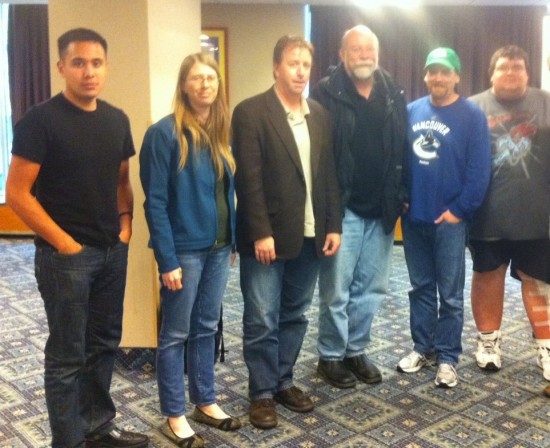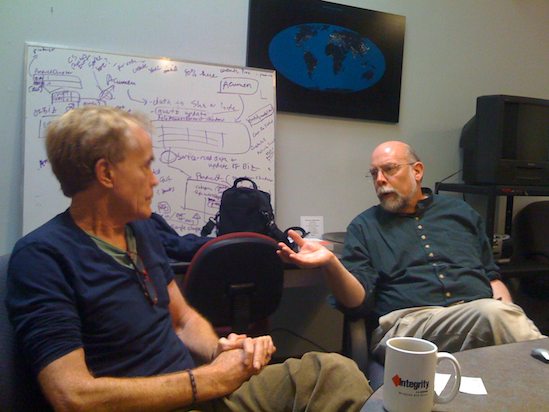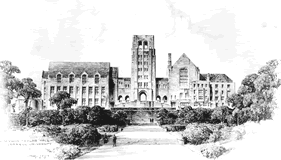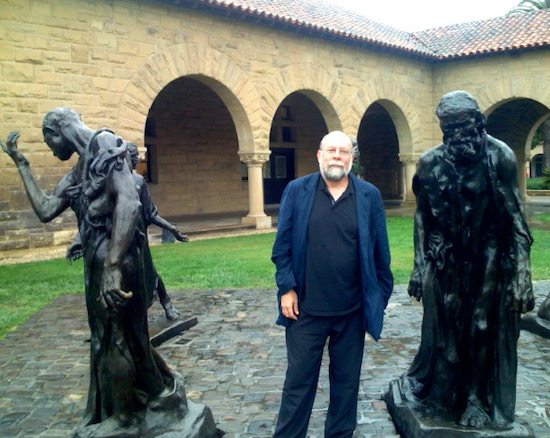 By now, you’ve all read that Justice Antonin Scalia made a series of mistakes in the dissenting opinion of EPA v. EME Homer City Generation, L.P. The Supreme Court issued a corrected version of the opinion on its website. For more on the story, read the coverage in the WSJ Law Blog, the Volokh Conspiracy, or SCOTUSBlog. They’ll give you the background – this post will discuss publishing implications, and why it’s problematic that the Court doesn’t notify the public when they make revisions to opinions.
By now, you’ve all read that Justice Antonin Scalia made a series of mistakes in the dissenting opinion of EPA v. EME Homer City Generation, L.P. The Supreme Court issued a corrected version of the opinion on its website. For more on the story, read the coverage in the WSJ Law Blog, the Volokh Conspiracy, or SCOTUSBlog. They’ll give you the background – this post will discuss publishing implications, and why it’s problematic that the Court doesn’t notify the public when they make revisions to opinions.
Here’s how the Supreme Court’s electronic publishing process works. The first version of the opinion, called the bench opinion, is released in XML format to a handful of publishers (the “Project Hermes” feed). Later that day, a PDF version – the “slip opinion” – is released on the Court’s website. The slip opinions may be further edited, and then the official opinions are published in the bound volumes as citable opinions.
The Supreme Court’s website issues the following disclaimer about the slip opinions found therein:
Caution: These electronic opinions may contain computer-generated errors or other deviations from the official printed slip opinion pamphlets. Moreover, a slip opinion is replaced within a few months by a paginated version of the case in the preliminary print, and–one year after the issuance of that print–by the final version of the case in a U. S. Reports bound volume. In case of discrepancies between the print and electronic versions of a slip opinion, the print version controls. In case of discrepancies between the slip opinion and any later official version of the opinion, the later version controls.
The Court occasionally issues new versions of slip opinions, but they don’t always notify the public when they do so. Professor Emeritus of Cornell Law School and legal information expert Peter Martin has written about this, noting that most changes are for minor typographical errors. However, there have been instances where a significant change was made:
Far more recent history includes the removal of a lengthy footnote from the majority opinion in Skilling v. United States, 561 U.S. 358 (2010). The slip opinion file now at the Court’s web site carries no notice of the revision beyond the indication in the “properties” field that it was modified over two weeks after the opinion’s filing date. To see the original footnote 31 one must go to the CourtListener site or a collection like that of Cornell’s LII built on the assumption that a slip opinion distributed by the Court on day of decision will not be changed prior to its appearance in a preliminary print.
The changes made to Scalia’s dissent in EME Homer were arguably significant. They were also very public. As far as I can tell, it was Law Professor Richard Lazarus who first discovered the error. He blogged about it, it was picked up by national news, and that’s why we know that the change was made. The Supreme Court notified Professor Lazarus of the change, but there is no mention of it on their site. They simply swapped opinions.

 In a few days, several of us here at Justia will be traveling to “gorges” Ithaca, New York, to attend the
In a few days, several of us here at Justia will be traveling to “gorges” Ithaca, New York, to attend the 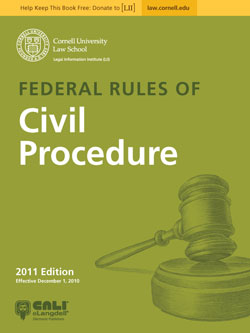 Our friends at
Our friends at  Folks, it’s pledge week here at the Justia Blog. Want to support free law?
Folks, it’s pledge week here at the Justia Blog. Want to support free law?  The folks at Justia traveled from Silicon Valley, California to New York City this past weekend to meet with clients and get a taste of the Big Apple.
The folks at Justia traveled from Silicon Valley, California to New York City this past weekend to meet with clients and get a taste of the Big Apple.